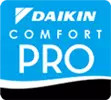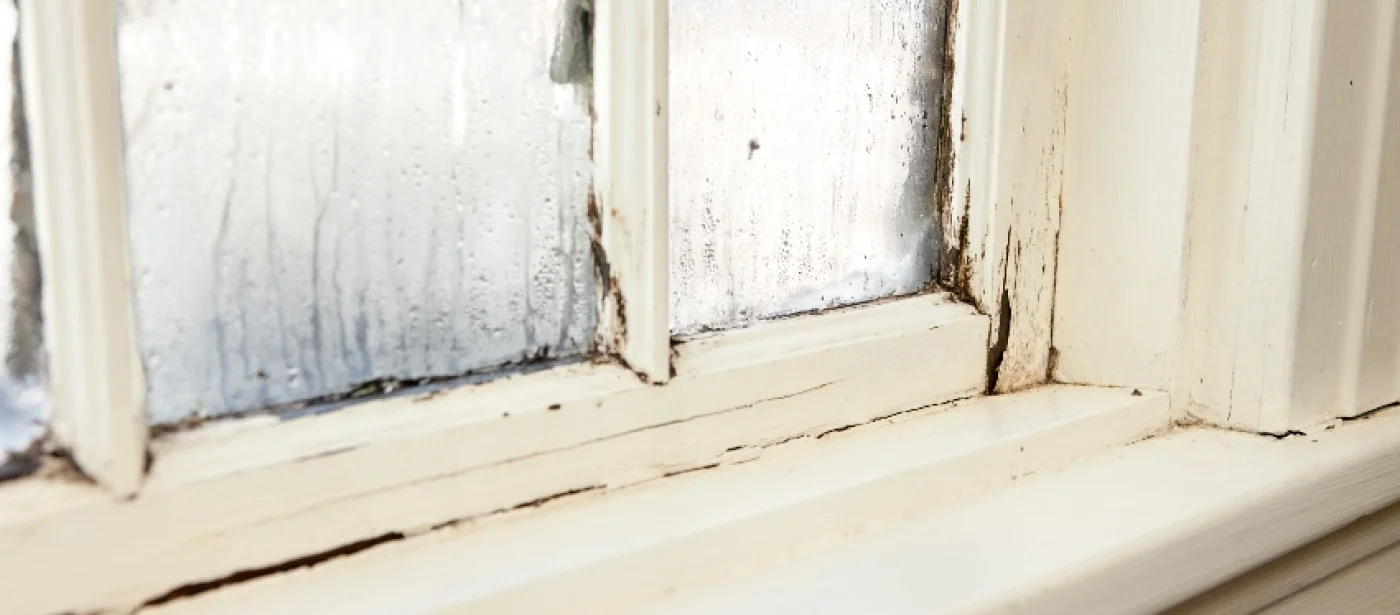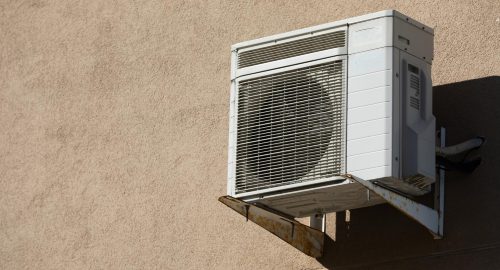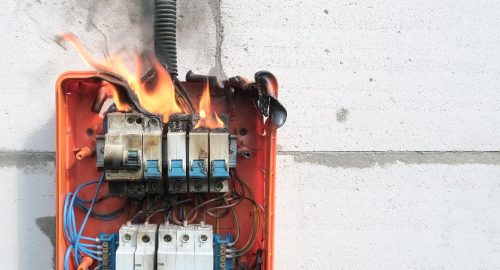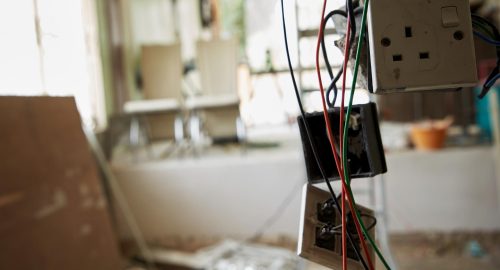In Minnesota, we’re all too familiar with high levels of humidity in the summer months. But do you know about the negative impacts they can have beyond feeling sticky and uncomfortable? According to the US Environmental Protection Agency (EPA), humidity is a key factor in indoor air quality and should be kept below 60 percent. As we anticipate spending more time in our homes this summer, we put together this guide for understanding the importance of managing indoor humidity.
Negative Impacts of High Indoor Humidity
Excess humidity not only feels sticky and uncomfortable, it can also negatively affect your home’s air quality, furniture, and even the structural integrity over time.
Cracked or Warped Wood
Wood changes shape and size as its moisture content fluctuates: When the air is humid, it absorbs moisture and swells. As a result, high indoor humidity levels can cause warps and cracks in wooden furniture, flooring, cabinetry, and window/door frames.
Rot in the House’s Structure
When humidity levels are high, excess moisture can creep into walls and flooring and encourage rot over time. This can lead to structural damage that’s not only dangerous to your home’s safety, value, and integrity, but requires costly repairs or replacements to fix.
Mold and Mildew Growth
Mold and mildew thrive in warm, damp environments. Extra moisture in the air enhances your home’s susceptibility to their growth, as well as dust accumulation and mite infestation. These factors decrease indoor air quality and aggravate symptoms of asthma, allergies, and other respiratory illnesses.
Warning Signs of Excess Indoor Humidity
Fortunately, high indoor humidity can be easily identified and addressed in order to avoid the negative effects. On top of the well-known discomfort, keep an eye out for these warning signs.
- Excess moisture on walls and windows
- Peeling wallpaper or blistering paint
- Water stains on walls
- Mold growth in unusual places (some mold is common in high-moisture areas like kitchens, basements, and bathrooms)
- A musty odor in the home, especially in crawl spaces and basements or when turning on the A/C
Tips for Managing Indoor Humidity
There are several preventative steps homeowners can take to avoid the negative effects of excess humidity.
- Take Colder Showers: Hot showers produce steam and increase humidity. Taking cold(er) showers helps mitigate the issue and leaves you feeling refreshed after spending time in the summer heat. Also, remember to run your exhaust fan during and after showers, especially if you use hot water.
- Dry Clothes Outside: When you hang wet clothes inside to dry, all the moisture evaporates into the air. Go old school and use a clothing line outside.
- Avoid Boiling Water: Summer is a great time to cook outdoors or enjoy cold meals, and boiling water for pastas and such releases excess moisture into the air.
- Invest in a Whole-house Dehumidifier: As the name implies, whole-house dehumidifiers work with your HVAC system to remove excess moisture from the air to prevent its harmful effects.
- Consider UV Light: While they may not affect humidity directly, installing UV lights that work with your HVAC system helps remove mold, bacteria, and other pollutants and allergens associated with high humidity.
Spring 2020 has forced a lot of changes to our daily lives and routines. As we spend more time inside our homes and hot weather approaches, it’s crucial for homeowners to understand the importance of managing indoor humidity and how to do so. Use this guide to help keep your home and family safe and comfortable.
For all your residential heating and cooling needs, rely on the HVAC experts at Stafford Home Service Inc. Schedule regular preventative maintenance to ensure your A/C is ready for the season, and contact us for more information.

